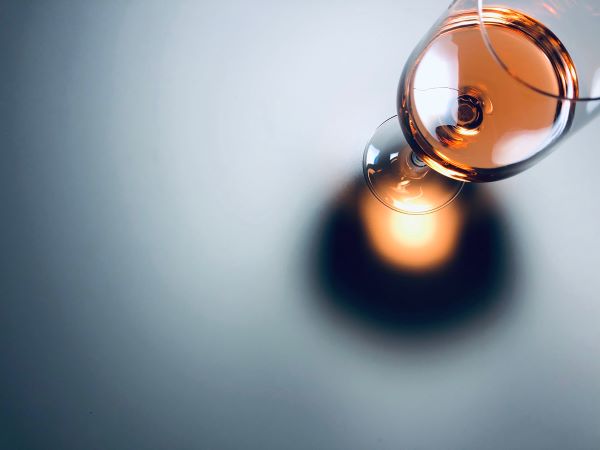In 2019, Rwanda and the Rhineland-Palatinate signed a Joint Letter of Intent in agriculture promoting technology-driven farming and sustainable wine cultivation. Both sides aim to work closely in developing suitable technologies and to transfer knowledge to farmers to increase farm productivity. Fast forward today, Rwanda is going to get a wine producing facility for its grape harvest that will also be used to bottle juices and mineral water.
On Track to Grow and Process Grapes
The country’s Agriculture Minister, Dr. Mukeshimana said that almost all the wine and grapes that Rwandans drink and eat are imported. The country gets its wine supply from South Africa as well as Germany favoring red wines and white wines from the Moselle region. She further explains that the market is available and from a technical point of view, grapes can grow in Rwanda based on conducted trials. Now, there is little or no wine culture to speak of, but it is a subject that must be addressed. Knowing what is being offered to customers is important. In addition, wine must be stored and served properly. For example, wine is already an everyday expectation among visitors. Therefore, restaurants and hotels that offer wines should invest in appropriate wine coolers to keep bottles at a good temperature. Proper storage protects the wine and the bottle providing the best conditions for aging.
That said, the country is on track to farm grapes and ultimately, process them into wine. Currently, there are some businesses that produce wines from local fruits such as pineapples, bananas, and sugarcane. The choice of using local fruits in winemaking is due to the prohibitive costs of importing grapes. But, if grape vines can be added at a large scale as well as the corresponding expertise, there will not only be jobs for the youth in agriculture, but also a wine industry that will be created.
A Wine Processing Plant
Part of the partnership activities between the two countries include identification of suitable geographical sites for grapevine cultivation and local germplasm and the introduction of highly performing varieties from other locations. At this time, there are two grape varieties from Germany that will be tested for local grape farming. They will be tried at the Mulindi Horticulture Center and if successful, replicated and disseminated to farmers. In the event of non-adaptability, other varieties will be tried.
Huye district is identified as the site of grape production and processing according to Charles Bucagu of the Rwanda Agricultural and Animal Resources Development Board. Private investors are expected to put $1.1 million on the table to construct a wine-producing facility in the country. The plant will make red wine and beverages from grapes.
A farmer in the district presently grows and harvests 3 tons of grapes on one hectare. Theogene Ntampaka stated that grape farming is unfortunately overlooked by farmers and the government. According to him, low volumes of grapes produced in Rwanda can be attributed to a lack of sensitization and awareness on the importance of its cultivation. That’s all set to change soon with the partnership drawing on the expertise of Germany in providing extension services and technical support.
The new wine processing facility that will be built in Rwanda is projected to support the cultivation and transformation of grapes into wines. Grape cultivation/processing is a growth opportunity that the government is exploring.








